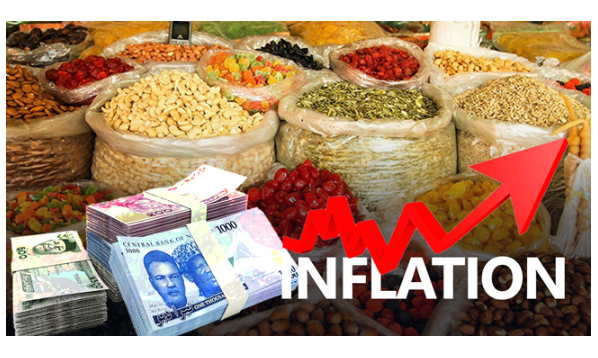
The Federal Competition and Consumer Protection Commission (FCCPC) has identified hoarders of grains as a key factor driving food inflation in Nigeria.
The Executive Vice Chairman/CEO of the FCCPC, Tunji Bello, made the assertion during a town hall meeting with key industry players in Kano, the Kano State capital on Wednesday.
Speaking to a packed audience at the Afficent Centre, Bello revealed that FCCPC investigators uncovered a disturbing trend where some merchants were stockpiling newly harvested grains to create artificial scarcity, thereby inflating food prices.
“Without caring for the consequences of their actions on fellow countrymen and women, some of these unscrupulous actors go as far as taking some of the food items they had mopped up from the farmers or the markets and smuggling them across the borders to sell at premium, thereby endangering our national food security,” Bello said.
Soro noted that the national grid had collapsed eight times in 2024 alone, describing the situation as alarming.
He highlighted that states in the North West and North East regions have been left in darkness due to the ongoing power sector crisis, urging the Transmission Company of Nigeria (TCN) to restore electricity to the affected areas.
The Kano event follows similar interactive sessions held in Abuja and Lagos, as part of the FCCPC’s renewed campaign to address anti-consumer practices. Bello stressed the need for cooperation among stakeholders in Kano, urging them to help curb such harmful practices.
“We are by no means saying everyone is guilty here. We only have a few bad eggs involved in such unethical practices. It is therefore our collective responsibility to work together to achieve reasonable pricing of goods and services,” Bello noted, adding that while the FCCPC Act prescribes penalties for offenders, the commission was first seeking dialogue “in the spirit of democracy.”
Bello also highlighted other unethical practices like price fixing and the imposition of entrance levies by market associations, which add to the inflationary pressure.
Pointing to earlier engagements with stakeholders in Abuja and Lagos, the FCCPC boss expressed confidence that President Bola Tinubu is already addressing some of the concerns raised.
“We have a very listening President in the person of His Excellency, Asiwaju Bola Ahmed Tinubu. He feels for the people and shares their pains and is ever willing to go the extra mile to take measures to cushion the effects of the hardship the ongoing economic reforms may bring,” he said.
In line with government reforms, Bello announced that the Federal Government had begun implementing zero Value Added Tax (VAT) and excise duties on pharmaceutical products and medical devices. He added that taxes had also been removed for micro, small, and medium enterprises, as well as public transportation.
Urging stakeholders to be patriotic, Bello called for the benefits of government concessions to be passed down to consumers.
“For instance, when the government assists the operators of public transportation with easy credits to convert their vehicles from petrol to relatively far cheaper CNG, we don’t expect them to charge the same fares as those who buy petrol,” he concluded.